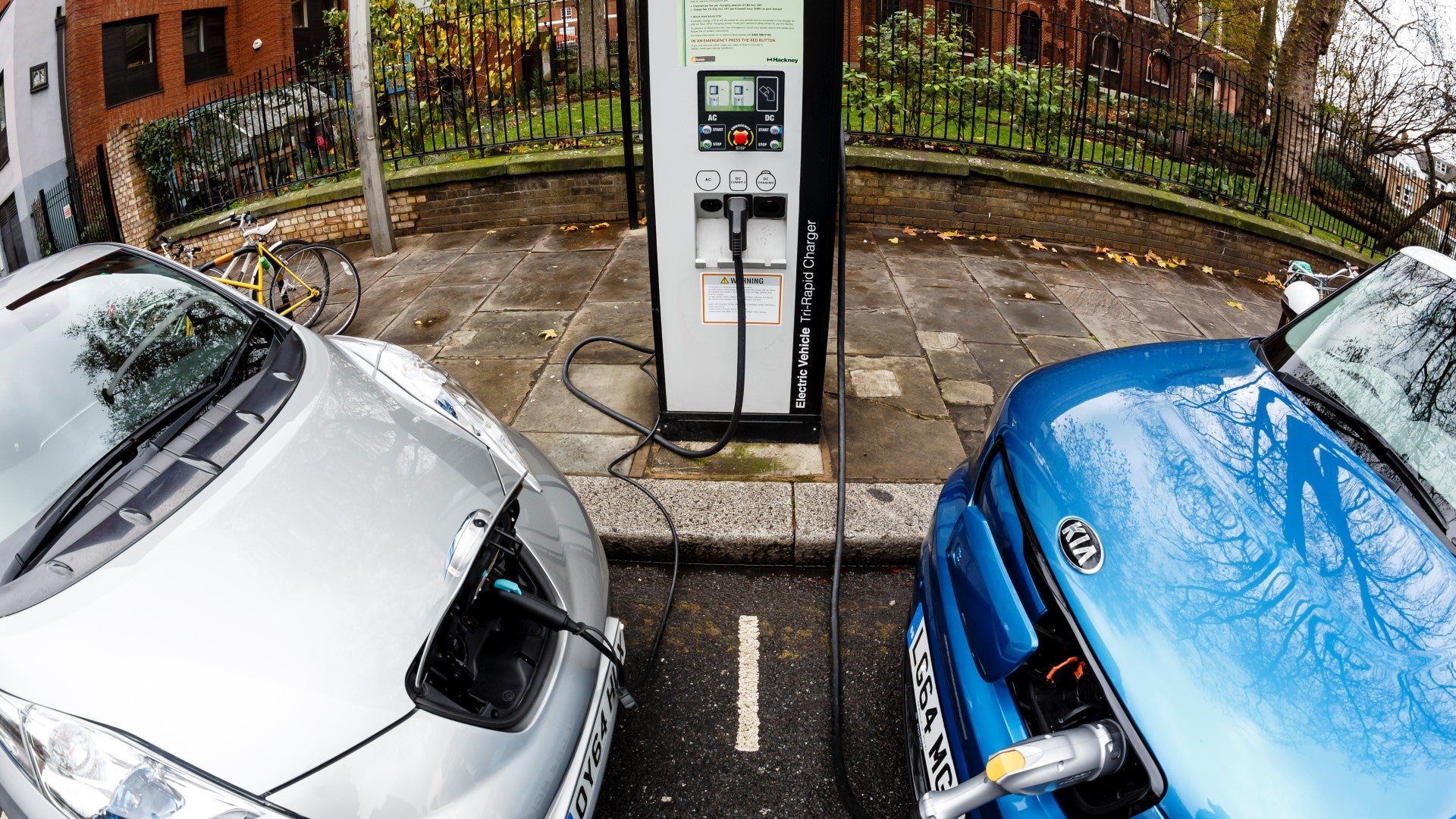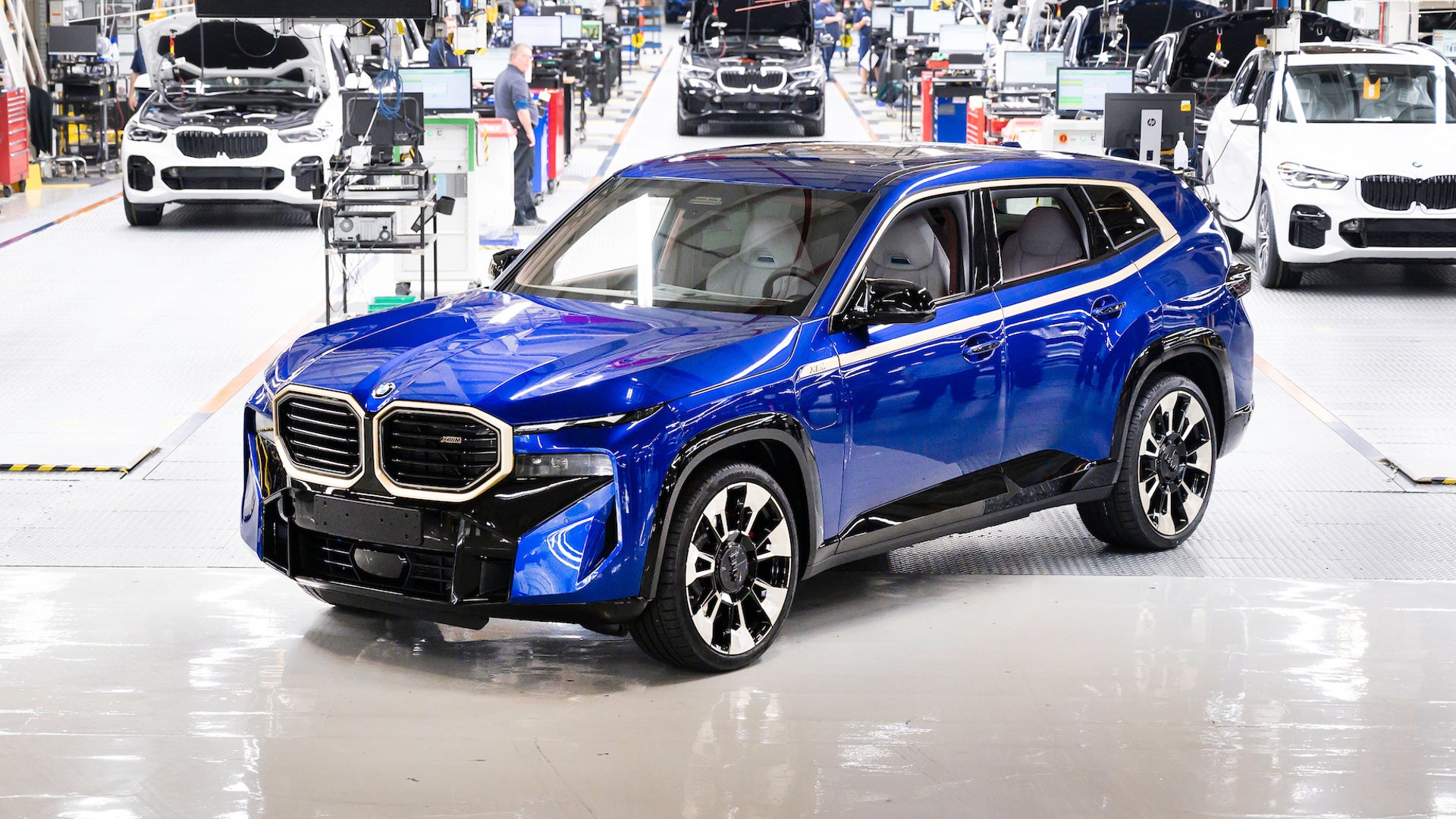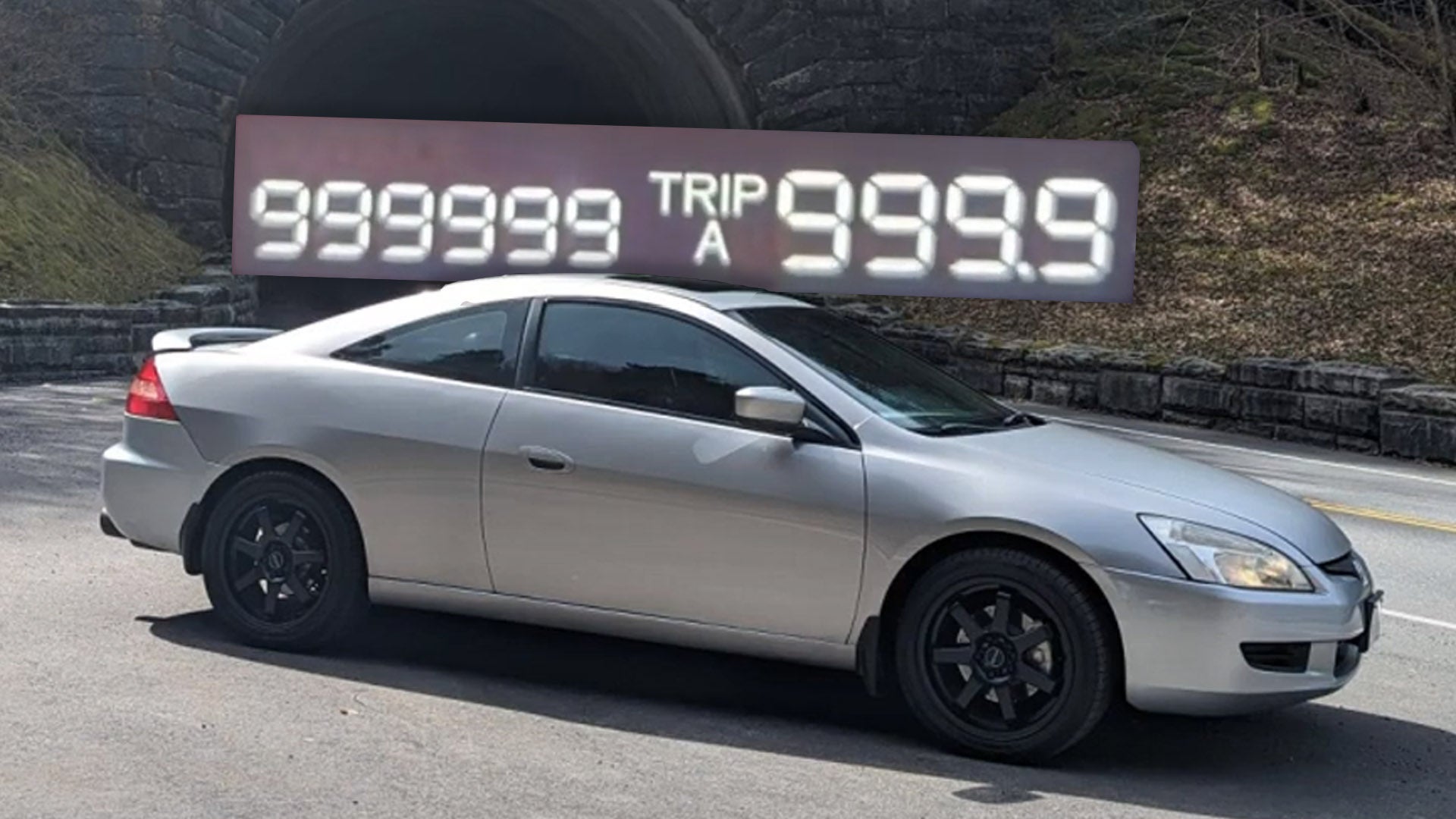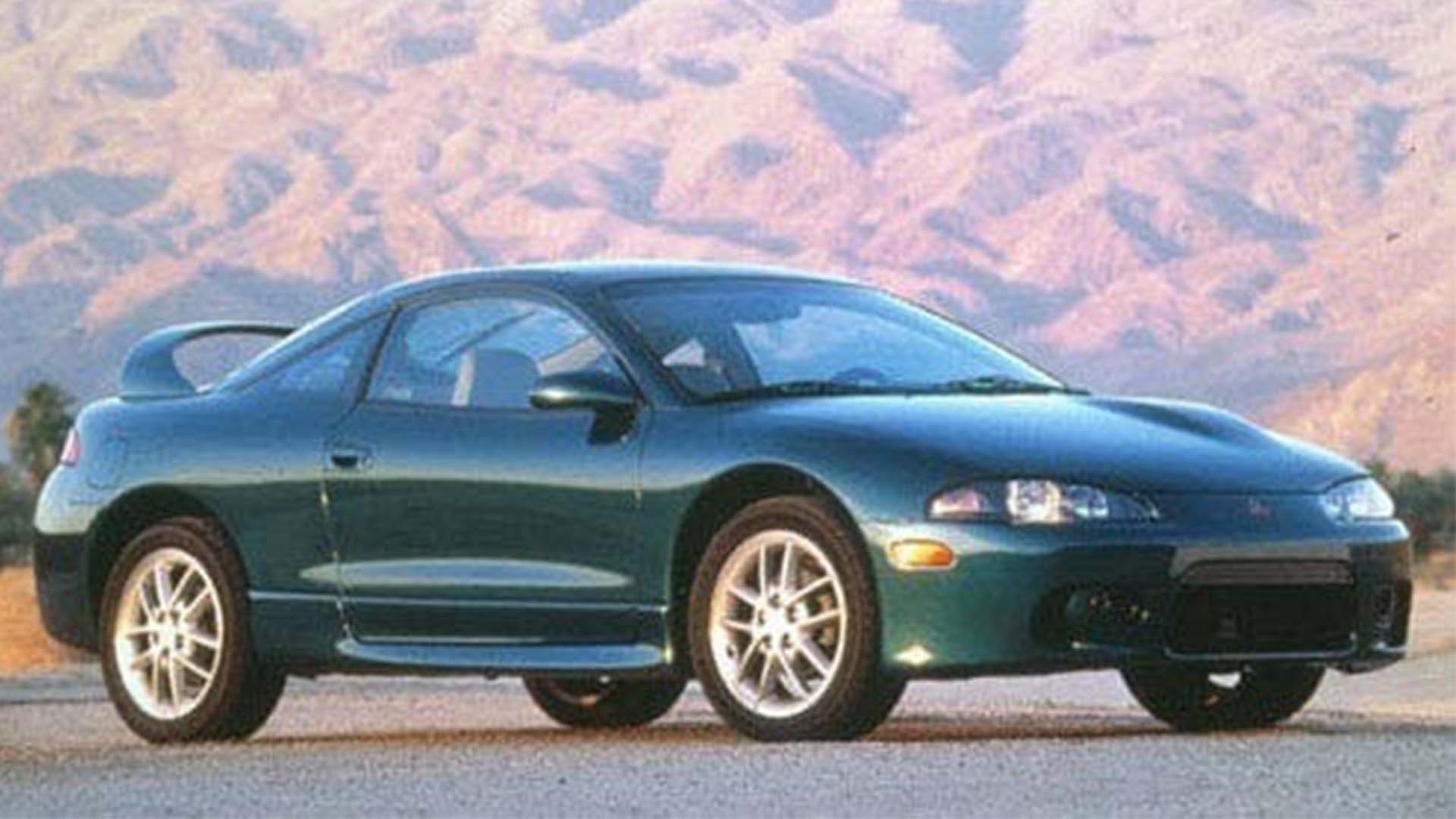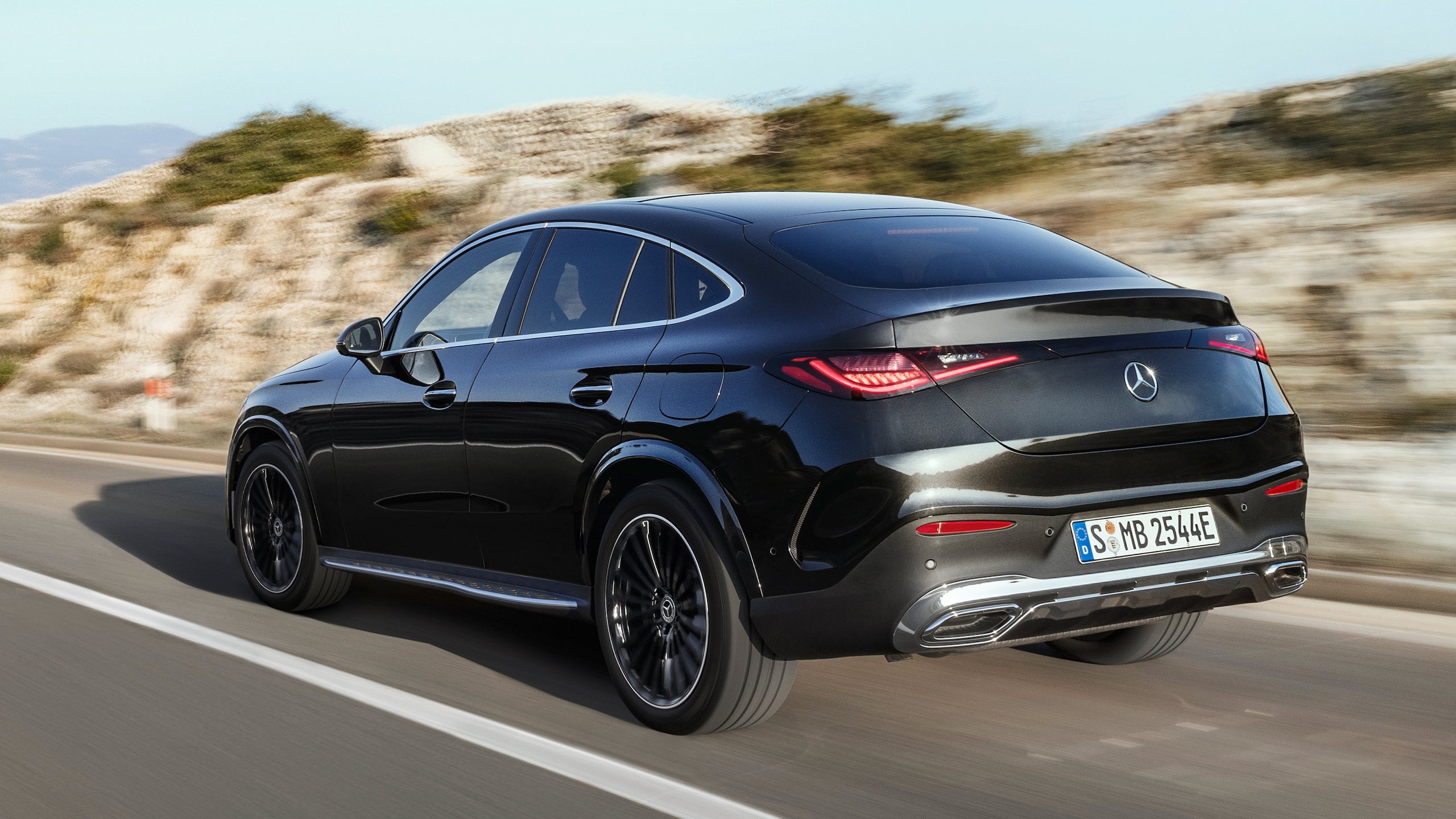The internal combustion engine's remaining days are getting cut shorter as the United Kingdom’s government has announced a ban on the sale of ICE cars starting in 2035, five years earlier than previously planned. Come 2035, it will be illegal for automakers to sell new gas, diesel, and even hybrid-powered cars in the Kingdom, reports Reuters. If it's got an engine that runs on fossil fuels, it's out.
The year 2035, at first glance, might look far out but to put things into perspective, we are as far away from it as we are from 2005. Revenge of the Sith came out in 2005. So did Batman Begins. A while ago but far from ancient history. We don't mean to alarm any "legacy" OEM powertrain engineers currently reading this but 2035 will be here before we know it, folks.
At a launch event for COP26, a Glasgow U.N. climate change conference, British Prime Minister Boris Johnson said, "We have to deal with our CO2 emissions. As a country and as a society, as a planet, as a species, we must now act."
The U.K.'s ICE ban has weathered its fair share of criticism with analysts predicting it’ll cost the country up to $96 billion in electric infrastructure. Aston Martin boss Andy Palmer also called it "absurd" once upon a time.
Great Britain isn't the only jurisdiction to have set an expiration date on the international combustion engine. France is planning a similar ban slated for 2040 while the cities of Paris, Madrid, Mexico City, and Athens have all vowed to keep diesel-powered cars out of its city centers by 2025. Closer to home, even the state of California has previously toyed with the idea.
Johnson's government went on to say that it would have the ban kick in even earlier if "a faster transition" was possible. Right now, 90 percent of new cars sold in the U.K. still use petrol or diesel. Not surprisingly, weak charging infrastructure, range anxiety, and high sticker prices are the main qualms British consumers have with full-electric cars. Last year, the U.K. promised an investment of $3.25 million to install 1,000 charging stations on residential streets across the country.
Got a tip? Send us a note: [email protected]
